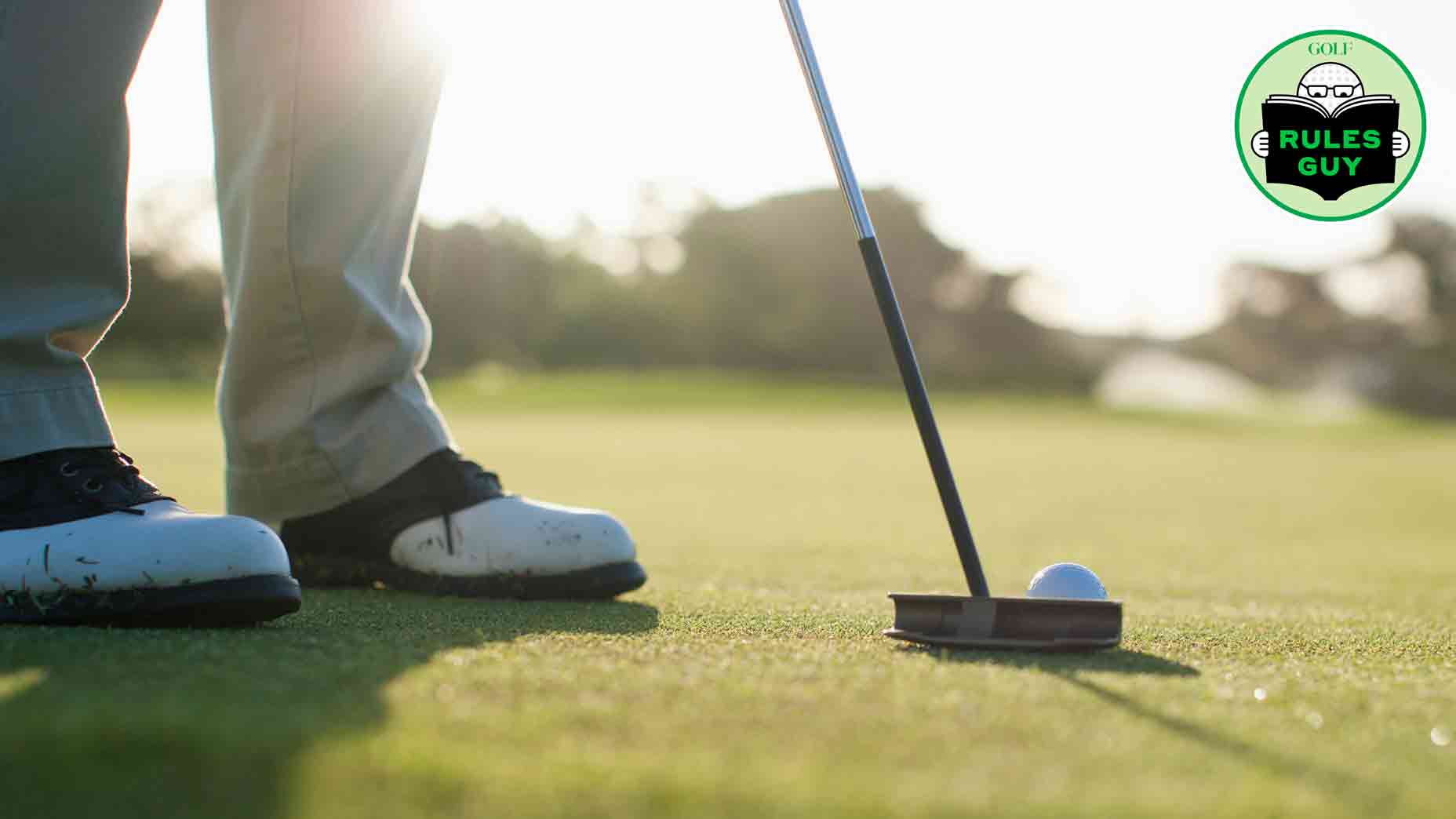The Rules of Golf are tricky! Thankfully, we’ve got the guru. Our Rules Guy knows the book front to back. Got a question? He’s got all the answers.
When putting, after I finish my backswing can I let the clubhead rest on the ground for a split-second before making the forward stroke? Can I eliminate the backswing altogether and begin my forward stroke after placing the clubhead behind the ball either on the ground or hovering in the air? My buddies say they’ve never seen anyone do it, so it must be illegal. — Ed Chapman, via email
Ed, we got yippy just reading your question. Rules Guy is of the belief that if you’ve never seen anyone do something on Tour, there’s a reason for it, namely, IT. DOES. NOT. WORK.
Of course, that is a separate issue from legality. The rules require that you do not push, scrape or scoop the ball. Strokes such as the ones you describe, without a traditional backswing, are not automatically doing one of these illegal acts but do increase the chances. The key is that you must fairly strike the ball with the head of the club such that there’s only momentary contact between the club and the ball.
If that’s what you’re doing, you’re in the clear. If not, you’d get the general penalty of two strokes in stroke play and loss of hole in match play for breaching Rule 10.1a (and the stroke itself counts, whatever the outcome).
For more putting-green guidance from our guru, read on …
Now that it’s legal to putt with the flagstick in, is there a penalty if, on the follow-through of a short putt, the player’s putter makes contact with the stick? Does it make a difference if the ball goes in or not, or if it happened on purpose or not? What about on a practice stroke? I know some guys who do this, and I’d like to know what’s legal and what isn’t. — Bob Kirch, via e-mail
The clank of a ball hitting a flagstick used to be as rare as hen’s teeth. Nowadays it’s as common as a chicken’s cluck.
Rules Guy can’t say whether the sound of a club hitting the stick is as compelling — it strikes us as more likely to unnerve rather than help — but he can say it is entirely legal, whether in a practice stroke or a real stroke.
